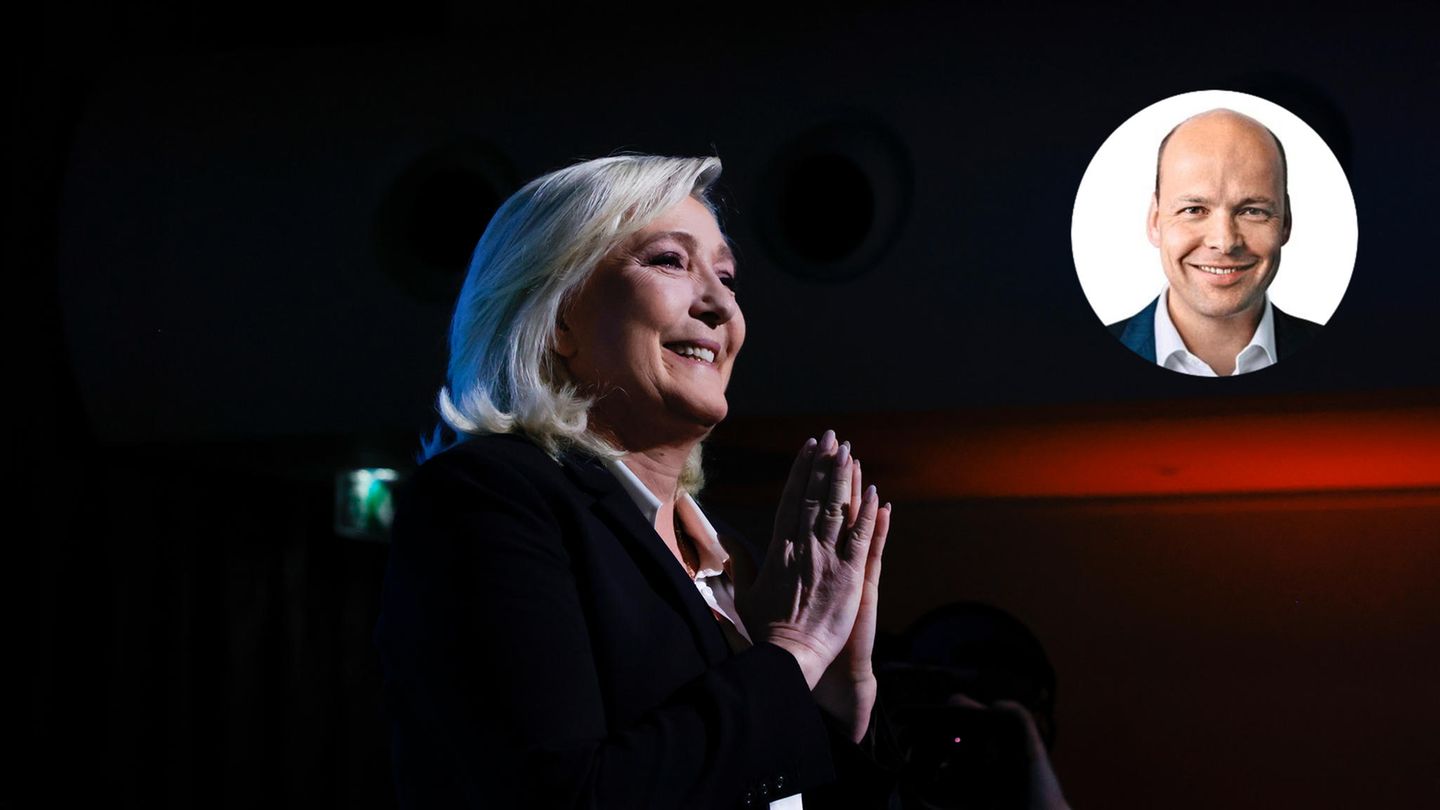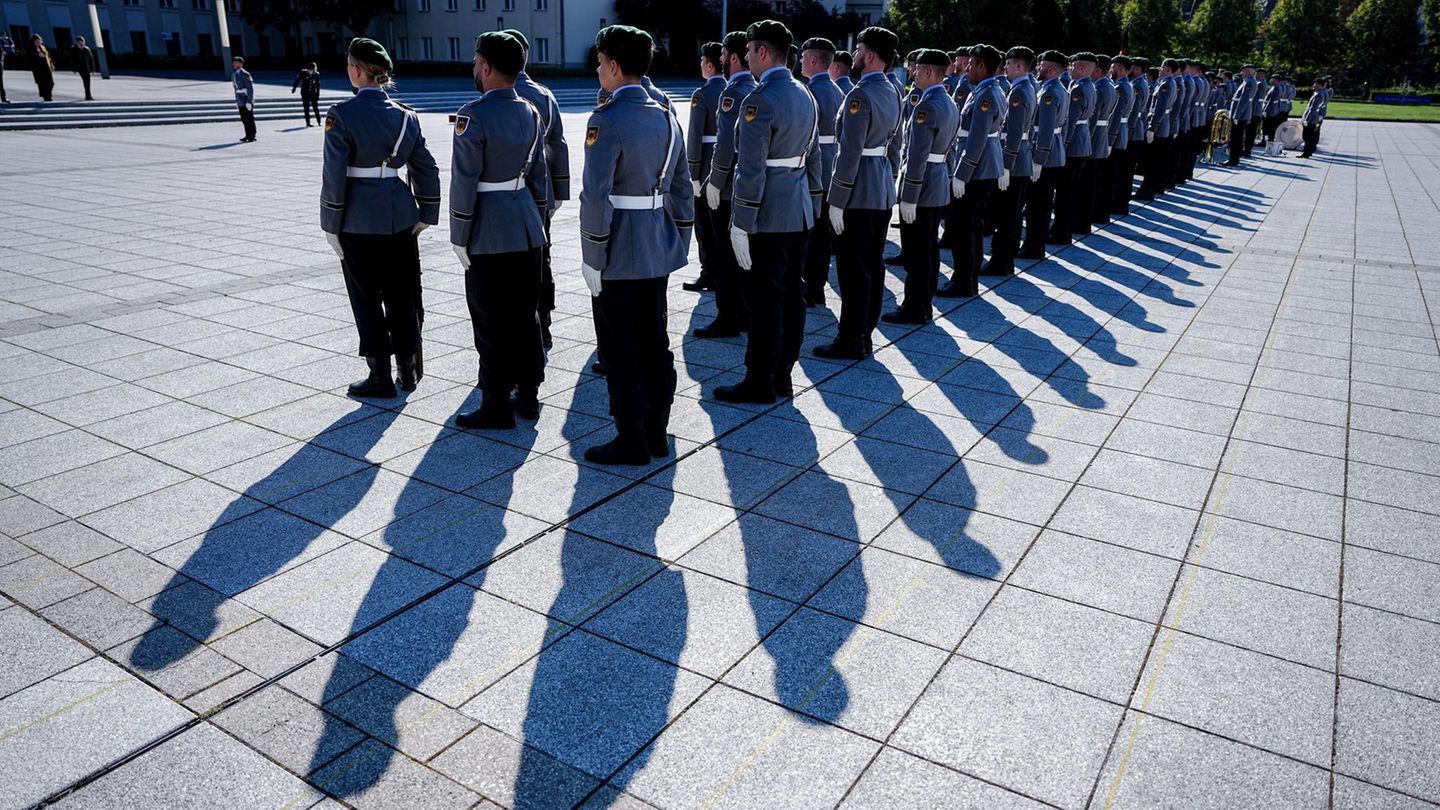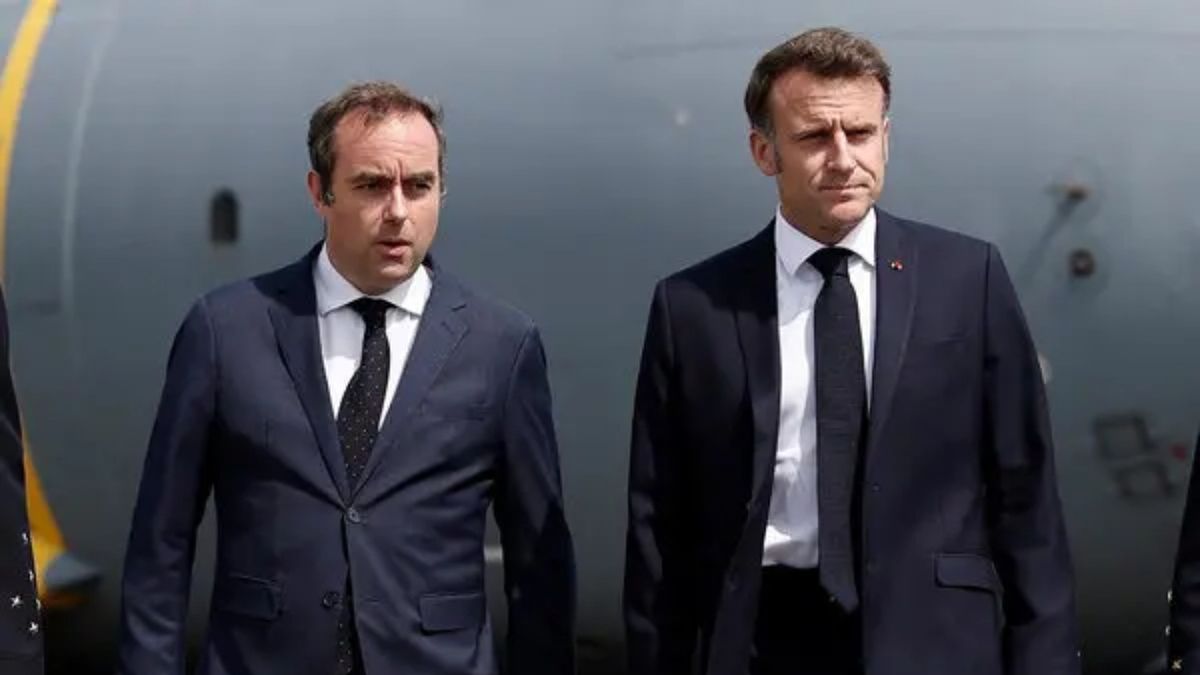column
The presidential election in France shows how fragile the new European unity is. And it sends more disturbing messages.
Five years ago, the election of Emmanuel Macron marked a new phenomenon in Europe: it was an “anti-establishment” triumph that came from the centre, not from right or far left, not nationalist, but pro-European, liberal, cosmopolitan. In the past five years, Macron has become Europe’s most important pioneer and pacesetter, partly because Germany did not provide any ideas or impetus. Always a bit too stormy and pompous, the chest too stretched, but in terms of content it went in the right direction. His big speech for a new Europe in 2017, in which he called for a common budget and an EU finance minister, among other things, was the most important initiative in recent years, alongside the Corona Aid Fund.
Since the outbreak of war, Macron has been the loudest but also the most important voice in Europe. Because Angela Merkel was no longer there, but also because Olaf Scholz, who also spoke to Vladimir Putin on the phone, raised his voice too quietly and bloodlessly.
It’s unimaginable if, at this time, while Europe is struggling with the greatest threat in decades, France were to fail. Would fall into the hands of a woman who openly sympathizes with Putin. They could break away from the unity of Europe, the axis of the West, the unity of NATO. The famous “Franco-German engine” was always important for Europe, now it is essential for survival.
That Marine Le Pen is coming so close to the Élysée Palace for the second time in five years – and has greater odds despite Macron’s lead – sends some disturbing messages, but we should read them carefully. Many French didn’t want the greatest warlord, they wanted the best caretaker. Marine Le Pen traveled through the country and through the marketplaces and felt what moves people: inflation, purchasing power, energy prices. It is the eternal struggle for prosperity, which in this country has almost been trivialized by slogans such as “freezing for freedom”. The topic is not “two degrees colder”, but “20 percent poorer”.
Fragile unity
The second message is that the fight against the establishment can become a menacing endless loop when the beaming underdog of 2017 is just another representative of “those up there” after a few years. Macron’s first test, the “yellow vest” uprising, was about energy prices. Now they could cost him important votes. There are parallels here with Barack Obama: Sometimes it is precisely those who want to unite and reconcile who further divide a country. And it’s former hopes that are hated the most.
The third lesson is that Europe is more united in the face of the war in Ukraine than it has been for a long time, but this unity is as fragile as the veneer of civilization is thin. The clear election victory of Viktor Orbán, in which neither the proximity to nor the fear of Russia played a role, revealed the predetermined breaking points. The shrill exchange of blows between Macron and the Polish Prime Minister Mateusz Morawiecki – who had criticized the many telephone calls with Putin – shows that we are united in our fears, but not on the matter. Poland is clearly and courageously in the front against Moscow, but the front against Brussels has not been forgotten. Deep fears in Eastern Europe, with the exception of Serbia, of Russian imperialism are driving these countries. But they seek protection first in NATO, not in the EU.
The run-off election in France will once again become one of Europe’s fate elections, only this often-touted fate has a completely different meaning. If Le Pen catches up and wins, it would be a triumph for Putin and the biggest catastrophe since Brexit.
Source: Stern
David William is a talented author who has made a name for himself in the world of writing. He is a professional author who writes on a wide range of topics, from general interest to opinion news. David is currently working as a writer at 24 hours worlds where he brings his unique perspective and in-depth research to his articles, making them both informative and engaging.




